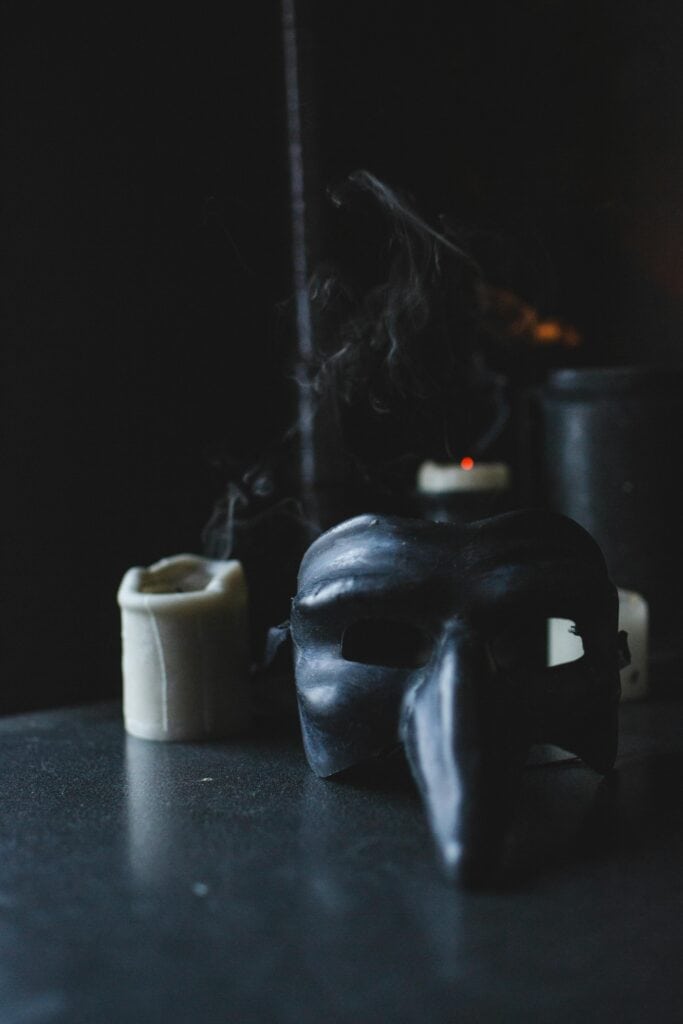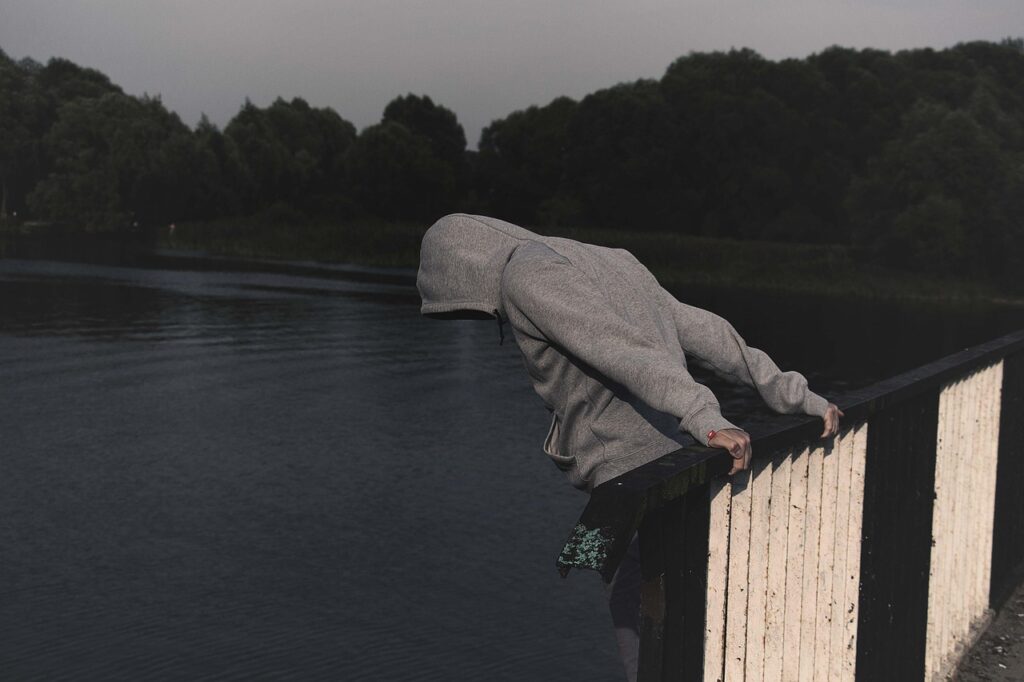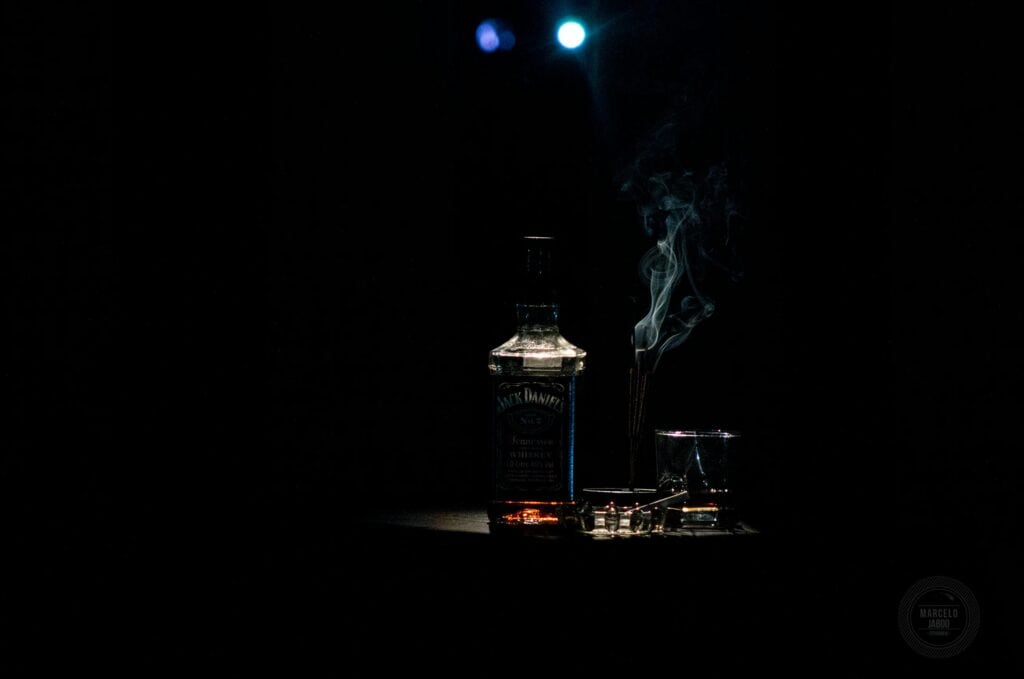Art Meets Anonymity
Transforming Perspectives on Addiction
Why The Anonymity
Who is The Plague Doctor?


The Plague Doctor is an artist whose latest series of artworks “What’s Your Poison?” carry a powerful message on the nature of alcohol, branding and advertising in a world which glamourizes the consumption of a toxic substance on an industrial scale.
An alcoholic who has been in recovery for nearly ten years and following several relapses is now eight years sober. This series of limited edition paintings have been released in complete Anonymity and the identity of The Plague Doctor is a closely guarded secret. Why so?
The emotional landscape of addiction is often seen through a lens of judgement. By removing identity from the narrative, The Plague Doctor seeks to amplify the message in the artwork, avoiding the distraction of personal struggles with addiction and recovery.
A Journey of Transformation
The Origins of The Plague Doctor
Before I discovered alcohol, I would escape in other ways – I love music and I would never be far from a pair of headphones. I am an avid reader and would disappear into fantasy – switching off the outside world and living in my head. I could also escape by making things.
My first proper drunk was on Smirnoff, I was 15. By the time I was 16 the drinking was most weekends and it wasn’t long before those weekends were getting longer. By 17 it was most evenings in the week too and by 18 it was pretty much what I have heard described as “daily drinking with occasional binges”.
I started a business and was often working late into the night. I work in the arts and creativity has its own rewards, but alcohol was the answer to everything.

It resolves all problems, it rewards a job done well. It commiserates and consoles when things have gone wrong. It gives confidence and takes away fears. It is the fix all solution.
There was just one thing wrong. My body does not process alcohol the way that a “normal” person’s body does.
When I have one drink it kicks off a craving for a second and before I’ve even finished the first a chain reaction has begun. I drink too fast and have a faulty off switch which more often than not just doesn’t work at all. I realised that my drinking was different when I was still in my teens – it was then that I started the battle to control it. I’d limit myself by just buying enough for one night or when going out not taking too much money with me. I drank things I didn’t like to slow me down. The list could go on at length.
Since getting into recovery I have discovered that alcoholics are people who have an abnormal reaction to alcohol – some describe it as an allergy. According to statistics from the WHO it is thought to affect around 5% of adults in the UK – more in some countries and less in others. Like me some hit the ground running with a full blown bedlam of chaos right from the get go – others grow into it more gradually.
I spent decades trying to control this though in hindsight I was never in control. From the very beginning it had me, hook, line and sinker.
By the end I found myself drinking against my will. I wanted to stop but I could not even picture a world in which that would be possible. It wasn’t 24 seven drinking every day but it was running in my head all the time, the last drink, the current one or the next were never far from my mind. Alcohol was my maladaptive coping strategy to life. It is insidious and would tell me it is the answer even though it clearly was a problem.
In 2016 I called a helpline and made my way to my very first meeting of a 12 step program – I discovered hope in a room of likeminded people.
It was the best thing I have ever done for my mental health and whilst I definitely didn’t get it right straight away a seed had been sown and I kept going back to meetings until recovery got me in spite of myself. It is a priceless gift and my gratitude for this sober life is immeasurable.